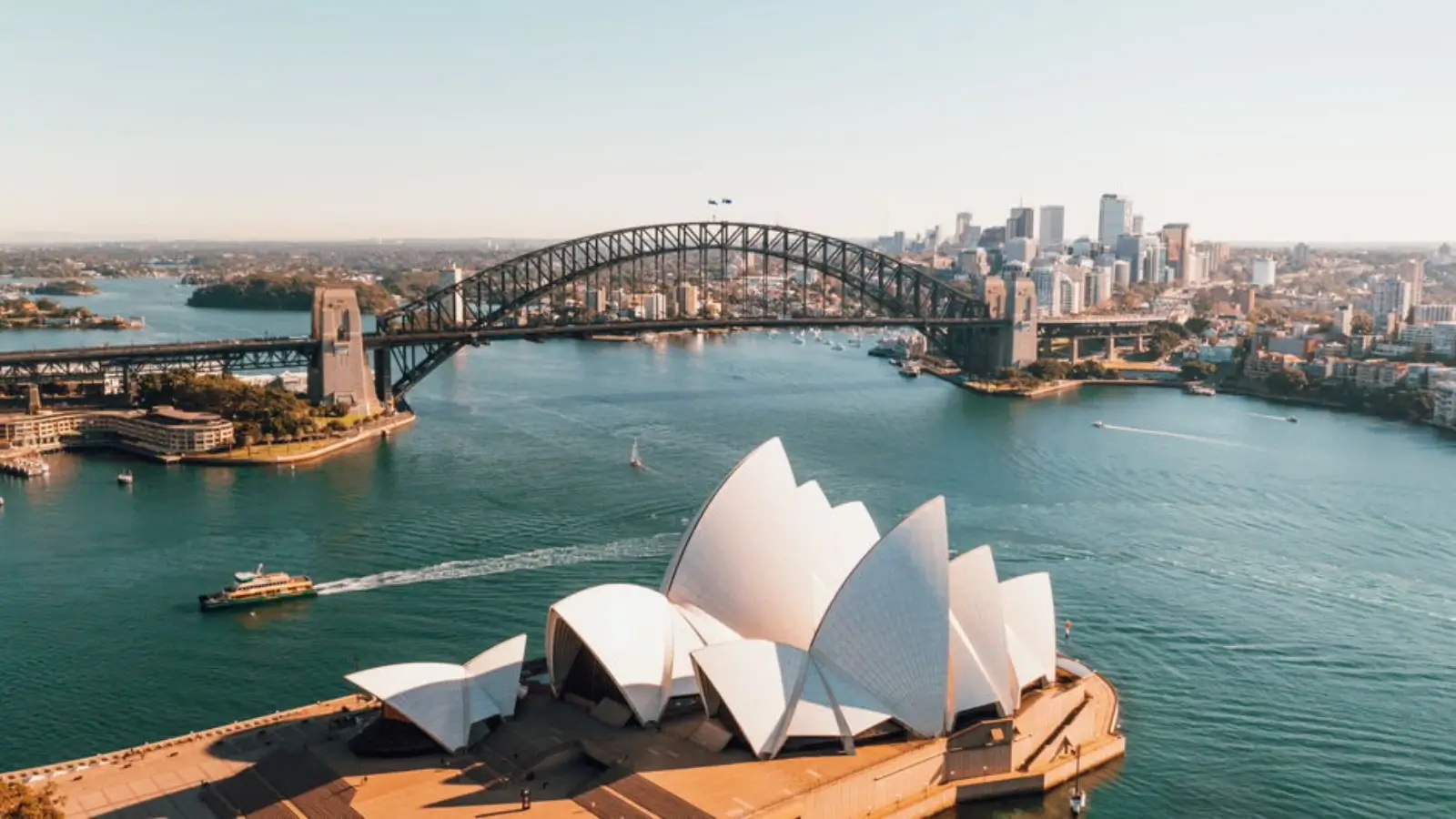


Are you considering buying land in Victoria in 2025? Whether you're planning to build your dream home, invest in property, or develop a business, owning land can be a powerful financial move. But the process can be complex if you're not sure where to begin. In this guide, we’ll walk you through each step to help you understand how to buy land Victoria in 2025, from budgeting and research to settlement and beyond.
The first step in buying land is knowing why you want it. Are you planning to:
Build a residential home?
Start a farm or rural venture?
Develop commercial property?
Land bank for future investment?
Your purpose will influence your location, zoning requirements, and budget. In 2025, land prices in Victoria vary widely depending on region—rural blocks may start under $100,000, while inner-suburban lots can exceed $1 million. Always factor in extra costs like stamp duty, legal fees, council rates, and potential site preparation or construction expenses.
Once you've set your budget, begin your market research. Use online platforms like realestate.com.au, Domain, and Landchecker to browse listings and get a feel for market trends in your preferred area.
Consider:
Zoning laws: Check local council regulations to ensure the land suits your intended use.
Infrastructure: Look for nearby schools, shops, roads, and utilities.
Future developments: Investigate planned government or private developments that may affect land value.
Environmental risks: Research flood zones, bushfire overlays, and soil quality.
In 2025, many buyers are looking at growth corridors such as Geelong, Ballarat, and the outer fringes of Melbourne like Werribee, Clyde, and Sunbury.
Access roads and right-of-way
Fencing, drainage, or erosion issues
Availability of utilities (electricity, water, NBN)
Land topography (flat, sloped, rocky)
Order a title search to confirm ownership and boundaries
Check for easements or encumbrances
Review council zoning and overlay maps
These checks ensure you won't face any unpleasant surprises later on.
Buying land in Victoria may require a different lending process compared to buying an existing house. Lenders may ask for a larger deposit—often 20% or more—especially if the land is vacant or in a regional area.
In 2025, common land finance options include:
Standard land loans (often requiring a higher deposit)
Construction loans (if you plan to build soon)
Bridging loans (if you’re selling another property)
Speak to a mortgage broker or lender early to get pre-approval and understand your borrowing power.
Once you’re satisfied with your due diligence and financing, you can make an offer through the agent or vendor. If accepted, you’ll sign a Contract of Sale—this is a legally binding agreement outlining terms, conditions, deposit, and settlement date.
Make sure your contract includes:
Subject to finance clauses
Subject to planning or zoning approval (if applicable)
A cooling-off period (usually 3 business days)
Have your solicitor or conveyancer review the contract before signing.
Once your offer is accepted and the cooling-off period expires, the settlement process begins. Your legal representative will:
Transfer the land title
Coordinate with the seller’s solicitor
Ensure all outstanding council rates or taxes are cleared
Finalise payment
On settlement day, the land officially becomes yours. You’ll receive the title deed and can begin your plans for construction, development, or resale.
Check government incentives: First home buyers in Victoria may still be eligible for grants or stamp duty concessions.
Factor in GST: For some commercial or new land purchases, GST may apply.
Talk to a builder: If you plan to build, consult a builder early to avoid issues with block suitability or build restrictions.
Stay up to date: Land use rules, zoning regulations, and government incentives can change—follow local councils or subscribe to property news sources.
Buying land in Victoria in 2025 is a smart investment when done right. With strong population growth and infrastructure projects underway, the opportunities are abundant—but it’s essential to plan carefully and do your research. From budgeting and zoning to inspections and legalities, every step matters.
Take your time, seek professional advice when needed, and soon you could be the proud owner of a piece of Victoria’s future.